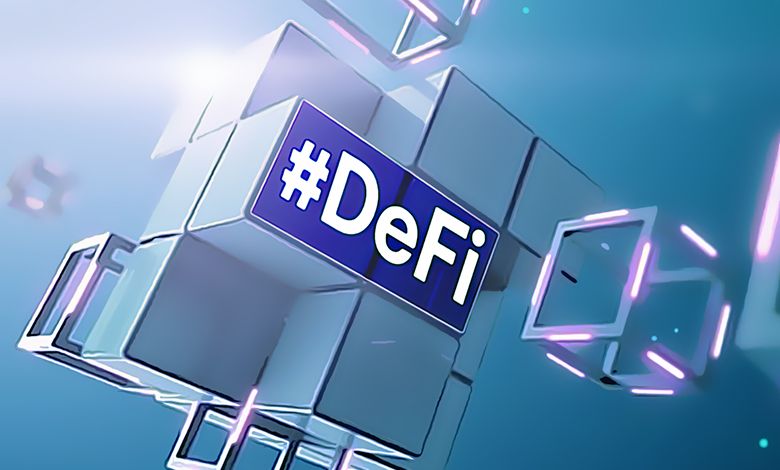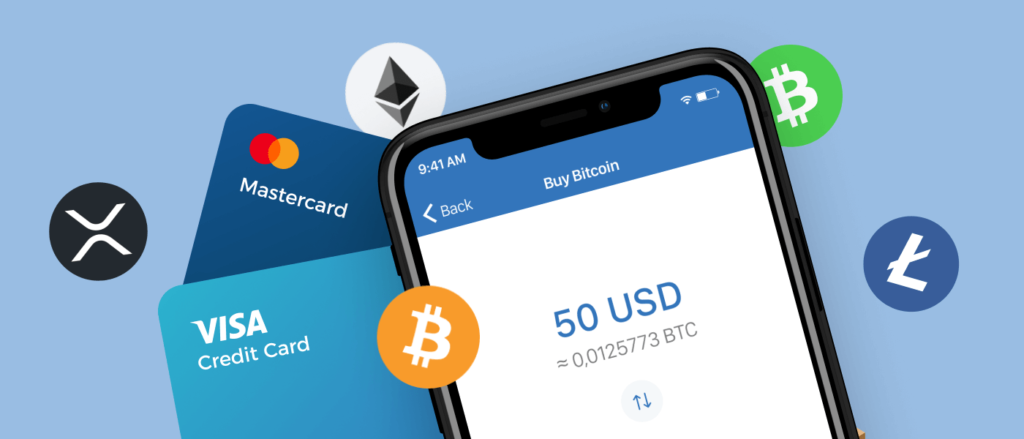Table of Contents
With the proliferation of DeFi tokens and structured finance products, decentralized index funds (DeFi indexes) have emerged as an easy way to gain passive and diverse exposure to the market.
DeFi index are similar to traditional ETFs
In traditional finance, the closest similarity to a diversified index fund is an exchange-traded fund (ETF) that tracks the performance of an index, sector, commodity, or specific asset.

ETFs can be passive or active. For example, the Vanguard S & P 500 ETF is a passive basket of 500 large companies listed on the US market. Active ETFs, on the other hand, usually have a team that makes decisions about the allocation of the underlying portfolio. These types of ETFs are steadily gaining attention as they outperform the passive ETFs developed by ARK Invest.
Differences between ETFs and DeFi indexes
While there are strong similarities between ETFs and DeFi indexes, there are also some fundamental differences.
Setup cost
Launching an ETF is a costly business and faces significant regulatory hurdles. DeFi indexes are based on unauthorized technology and use smart contracts to manage portfolio composition, so they can be set up relatively quickly.
For example, the Degen index in indexed.finance took only four weeks to launch after a community member suggested an idea. This shows that DeFi has dramatically reduced the barriers to creating and participating in new financial products.
Management
Whether the DeFi index follows an active or passive strategy, portfolio composition is primarily an automated process. For example, a simple smart contract can exchange the index’s underlying asset, stablecoin, for one with a higher interest rate. More complex indexes can be run on rebased smart contracts where the supply of the index is a function of its price.
Bonus Earnings
Most DeFi indexes are managed by DAOs that use liquidity mining as an incentive to increase market liquidity and as a way to distribute governance tokens. You are eligible to earn more rewards by betting on index tokens.
What to Look for in DeFi Indexes
An easy way to compare DeFi indexes is to look at price history and market capitalization. This can be done by switching columns on the Zeroion index page.
It’s also important to understand how DeFi indexes are structured and managed, called indexing techniques. Due to differences in weighting, rebalancing methods, and other factors, two indexes with the same underlying token can produce different returns.
– Build: Which tokens are eligible for indexing and why?
– Weighting: How are tokens weighted to each other in the index? Rebalance: When and how are tokens added to and removed from the index?
– Portfolio Structure: What types of contracts are used to manage the index?
Not all indexes represent a basket of underlying assets held by smart contracts. For example, the synthetic index does not contain the underlying token. Instead, use a price feed to track the value. B. sDeFi by Synthetix.

The Liquidity Pool Index provides both a diversified investment in the asset basket and an opportunity to earn transaction fees. The downside is that index holders can also face temporary losses. For example, a PowerPool index is built as a balancer pool and IndexedFinance uses a similar model forked from Balancer.
Finally, investors also need to consider fees and staking opportunities (liquidity mining). Because these affect net income. Below we`ll break down three popular DeFi indexes: the DeFi Pulse Index, the Metaverse Index and the Bankless BED Index.
Some of the Most Popular Crypto Indexes are:
DeFi Indexes: DeFi index is the easiest way to achieve passive distribution of your crypto portfolio.
– Symbol: DPI
– Creator: Index Coop
Metaverse Indexes: The Metaverse Index aims to capture the trend of moving entertainment, sports and business to the virtual environment. Economic activity in that environment occurs on the Ethereum blockchain.
– Symbol: MVI
– Creator: Index
Bankless BED Index: Created by BanklessDAO and IndexCoop, this entry-level “portfolio solution” provides a complete picture of what a thematic index looks like.
– Symbol: BED
– Creator: Index Coop and Bankless DAO
Where can you buy DeFi Indexes?
As DeFi Indexes trend is emerging day by day, more and more cryptocurrency platforms are able to offer DeFi Indexes services, some of the most popular places to buy DeFi Indexes are DeFi Pulse and Binance. DeFi Pulse is an index of digital assets designed to track the performance of tokens in the decentralized financial industry. The index is weighted based on the value of the circular supply for each token.

While Binance offers DeFi Index Futures where you can easily get your preferred DeFi Indexes and enjoy a lot of benefits that they are able to offer to its clients, some of them are:
– Asset Allocation: Traders can invest a significant portion of their portfolio in Binance’s DeFi index futures.
– Performance Measurement: Rather than tracking the performance of a single cryptocurrency such as Bitcoin, where volatility is highly present and price behavior uncertainty is common, the performance of synthesized index segments is usually variable. Provides less experience.
– Hedging or Diversification: Hedging against risk with USDT DeFi perpetual contracts is more efficient than other hedging options.
– Short-term and Momentum Trading: DeFi index futures allow traders to capture short-term trends in flexible and responsive strategies, making these contracts superior to frequently changing market conditions.
Conclusion:
In summary, the DeFi index has several advantages.
– No technical analysis required as an investor;
– Save on gas costs spent on purchases and rebalancing;
– Additional rewards when the index is bet.
But apart from providing easy investment opportunities for beginners and those interested in a particular investment theme, the DeFi Index shows what is possible when finance becomes truly configurable.
Disclaimer: The opinion expressed here is not investment advice – it is provided for informational purposes only. It does not necessarily reflect the opinion of EGG Finance. Every investment and all trading involves risk, so you should always perform your own research prior to making decisions. We do not recommend investing money you cannot afford to lose.
 English
English Français
Français Español
Español Bahasa Indonesia
Bahasa Indonesia 中文 (中国)
中文 (中国) Русский
Русский Português
Português Deutsch
Deutsch

